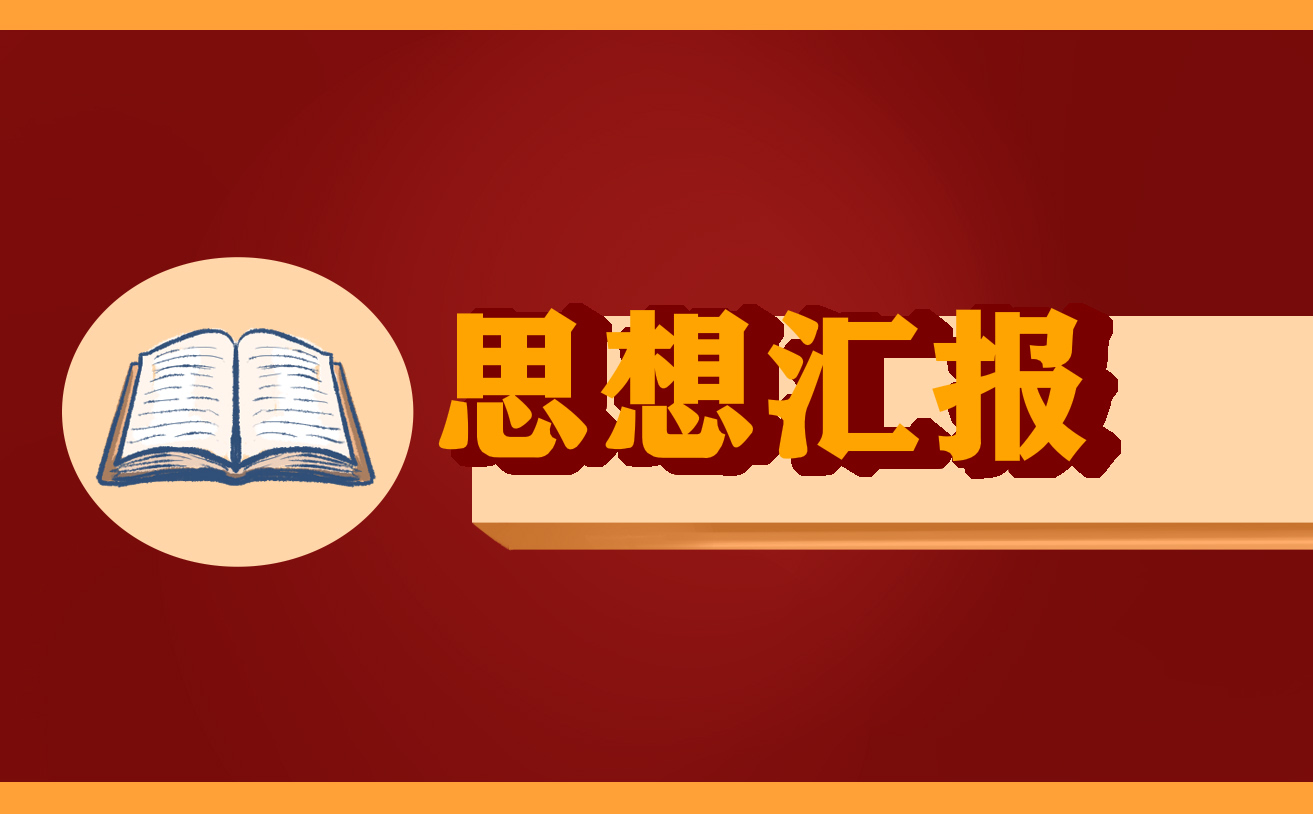易混词语辨析中考宝典:易混词语辨析及解释
时间:2019-02-06 03:22:39 来源:柠檬阅读网 本文已影响 人 
【必背知识】词语辨析主要可分三种类型: 一、词形不同,词义相同。 1.spend, take, cost, pay花费
(1)spend指“花费时间或金钱”,句子的主语通常是人,句型结构为:①“Sb. spends time (in) doing sth.”,②“Sb. spends money on sth.”这两种句型中。例如:He has spent half his life (in)writing this book.他写这本书用了他半生时间。She spends too much money on clothes.她在衣服上花费太多的金钱。
(2)take指“花费时间”,常用于“It takes sb. some time to do sth.”句型,it为形式主语,真正的主语是句末的不定式短语。例如:It takes me about half an hour to do my homework every evening.我每天晚上做作业大约花半小时时间。
(3)cost一般指“花费金钱”,句子的主语是表示事物的词语,它后面常接双宾语,常用于“sth. costs sb. money”句型。例如:The pair of shoes cost him 300 yuan. 这双鞋花了他300元。
(4)pay指“花费金钱”,句子的主语是人,常用于sb. pay money for sth.句型。例如:How much did you pay for the MP5?这MP5你花了多少钱?
2.answer, reply回答
(1)answer是及物动词,指对问题的解答,书信的答复,接听电话等,句型为:answer sb.a question。例如:Could you answer me a question?你能回答我一个问题吗?
(2)reply比较正式,不及物动词,指对别人所说或所写的东西的正式答复,句型为:reply to sb. / sth. 。例如:I’m sorry not to reply to your letter.我很抱歉没有给你回信。
3.except, besides 除了……
(1)except“除……之外”,即把除去的部分减去,不能用于句首。例如:All went out except John.除了约翰以外,大家都出去了。
(2)besides“除了……还有……”,“再加上”,即把除去的部分加上。例如:There are many rivers besides the Changjiang River.在中国除了长江外,还有很多河流。
4.in ,after在……(时间)后
(1)in表示以现在为起点的“在……之后”,常与将来时连用。例如:Her father will be back in two days.她父亲两天后回来。
(2)after后接时间点,如:She will be back after two o’clock.她两点后回来。如接时间段,则常与过去时连用。比较:She went back after two days.她两天后回来了。
5. how long, how soon, how often多久;多长时间
(1)how long对表示时间持续的状语进行提问。例如:―How long will it take us to get there by bus? ―About two hours. ――我们乘车到那儿要多长时间?――大约两小时。
(2)how soon对表示“要过多久以后”“要到什么时候”等意义的时间状语提问,用how soon 提问的句子其谓语多含有情态动词can, will,would, be going to等,谓语动词常见的有:get, finish, leave, come( be)back, be ready等。例如:―How soon will she be back?―She’ll be back in an hour. ――她多久回来?――一小时后。
(3)how often常用来对句中作状语的频度副词(词组),如always, usually, often, sometimes, every day, once a week, three times a day等提问。例如:―How often do you usually go to the cinema? ―Once a month. ――你们多久看一次电影?――每月一次。
6.bring,take, carry, fetch拿,取
(1)bring“带来,拿来”,指从某地带到此地。常用结构为bring sb. sth.=bring sth. to sb.“把某物带给某人”,bring sth. here“把……拿来”。例如:Please bring your homework to school tomorrow.明天请把你的作业带到学校来。
(2)take“带走,拿走”,指把东西从说话处带到另一处去,方向向外,是bring的反义词。“把……带走”常用take sth. to a place or sb.结构。例如:Take this empty box away.把这个空盒子拿走。
(3) carry意为“携带, 搬运,扛, 背”,无方向性,指从一处到另一处。例如:He is carrying a box of apples.他在搬一箱苹果。
(4)fetch“取,取来”,指从此处到别处把某人带来或把某物取来。例如:Please fetch the dictionary to me.请把词典给我取来。
7. borrow, lend, keep 借
(1)borrow意为“借入”,是从别人那里借东西,常用结构是borrow sth. from sb.。例如:I often borrow books from the library.我经常从图书馆借书。
(2)lend意为“借出”,是“把东西借给别人”,常用的结构是lend sth. to sb.。例如:Don’t lend this book to others.不要把这本书借给别人。
(3)keep意为“保存”,用来表示“借(多久)”,因borrow和lend都是非延续性动词,所以,表示“借一段时间”就须用keep代替borrow或lend。例如:You may keep this book for two weeks.这本书你可以借两周。
8. feel like, would like 想要
(1)feel kike中的feel是动词,like是介词,故其后须接名词或动名词,即动词的-ing形式。例如:I feel like seeing a film this morning.今天上午我想要看电影。
(2)would like中的would是情态动词,like是行为动词,其后通常跟动词不定式,即would like to do sth.或would like sth.。 例如:They would like to stay at home this evening.他们今晚想要呆在家里。
9. arrive, get, reach 到达
(1)arrive是不及物动词,要表示到达某个地方时,后面需加介词in或at; 表示较大地方前用介词in,较小地方前用介词at。例如:He arrived in Beijing yesterday.他昨天到达北京。
(2)get也是不及物动词,多用于口语,后接地点名词时要加to,当到达地点是副词时,则不用to。例如:When did you get to Shanghai?你什么时间抵达上海的?
(3)reach是及物动词,后面可直接跟宾语,其后一般不接地点副词。例如: They haven’t reached Beijing yet.他们还没抵达北京。
10.all, both 都
(1)all表示“(三者或三者以上)都”,它的反义词是none“没有人(物)”。例如:They all study English. 他们都学习英语。
(2)both意为“(两者)都”,它的反义词是neither“两者都不”。例如:My parents are both teachers. 我的父母都是老师。
【提示】all与both在句中应位于行为动词前,助动词(be动词/情态动词)后。
二、词形相近,词义相同
1.alone, lonely孤独、独自
(1)alone用作形容词时,只作表语或宾语补足语,不作定语。描述一种客观事实。例如:Though I was alone, I didn’t feel lonely.虽然我独自一人,但我并不感到孤独。也可用作副词,通常位于谓语之后,相当于by oneself,例如:The child often stayed at home alone.那孩子经常单独地呆在家里。
(2)lonely只用作形容词,作表语时,意为“孤独的,寂寞的”,强调感情色彩,表示渴望有伴侣。也可作定语,修饰人、事物或地点,意为“孤独的,荒凉的”。例如:I felt lonely at the lonely village.在这寂静的村庄里我感到很孤独。
2. in front of, in the front of 在……的前面
(1)in front of“在……前面”,含义为在某物外部的前面。例如:There is a tall tree in front of the classroom.教室前面有一棵大树。(教室外)
(2)in the front of “在……前面”,即在某物靠前的部位。例如:There is a blackboard in the front of the classroom.教室前面有一块黑板。(教室内)
3.the other, another另一,再一
(1)the other指两者中的“另一个”,常与one搭配使用,构成one…the other…结构。例如:I have two brotheres. One is a worker, the other is a farmer.我有两个哥哥,一个是工人,另一个是农民。
(2)another指一系列人和物中没有确定的“另一个”,表示泛指,常用来指三者或三者以上中的另一个,another既能和单数名词连用,也可与复数名词连用。例如:Please show me another skirt.请把另一条裙子拿给我看看。Iwouldlikeanothertwoapples.我还要两个苹果。
4.agree with, agree to同意
(1)agree with表示“同意某人的意见、主意或所说的事项”,with后常接表示人的名词或代词,也可接意见、看法等名词,但不含协力合作之意。例如:I don’t agree with what you said.我不同意你说的话。
(2)agree to表示“同意(赞成)……意见”,to后多接表示计划、建议决定等名词。该短语常含愿意协作之意。例如:He agrees to my plan. 他同意我的计划。
5.no one, none
(1) no one意为“没人”“没物”,“连一个也没有”,可指人,相当于nobody,也可指物,=not even one,谓语动词均用单数。例如:No one/ Nobody has arrived yet. 还没有人抵达。
(2)none表示“无人”“无物”,可指人,也可指物,可与of短语连用,谓语动词单复数均可,它往往用于有固定范围限制的情况。例如:None of my friends ever come(s) to see me.我的朋友还没人来看我。
三、词形相近,词义不同
1.a number of, the number of
这二者均可接可数名词复数,a number of意为“许多的,大量的”,作主语时谓语动词用复数形式。例如:A number of people are standing outside the office.许多人站在办公室外面。而the number of指“……的数量”,作主语时谓语动词用单数。例如:The number of people there is at least over 500.那里的人数至少超过500。
2.used to , be/get used to
(1)used to 后接动词原形,指的是过去的习惯性动作,目的在于与现在对比。例如:I used to be a worker, but now a taxi-driver.我过去是工人,现在是出租车司机。
(2)get used to后接动词的-ing形式,表示“习惯做某事”,也可接名词、代词,表示“适应……”。另一种形式为be used to,表示状态。例如:You’ll soon get used to living in the country.你很快就会习惯于农村生活的。
3.exciting, excited
(1)exciting意为“令人激动的”,具有主动意义,主语是物。例如:The news is very exciting.这消息很激动人心。另外,exciting也可作定语,修饰物,如:an exciting film一部激动人心的影片。
(2)excited意为“感到激动的”,主语是人。例如:If a story is exciting, you are excited when you read it.如果一个故事令人激动,你读它时会感到激动。
【温馨提示】与exciting和excited用法类似的词语还有:interesting和interested,boring和bored,relaxed和relaxing等。
4.have been to, have gone to
(1)have been to意为“曾经去过某地”,表示一种经历,含有“现在已离开那儿”之意,其后可接次数(如once, twice, three times等)。例如:I have been to Shanghai twice.我曾去过上海两次。
(2)have gone to意为“到某地去了”,说话时该人不在现场,一般只用第三人称作主语。例如:My father has gone to Beijing.我父亲去北京了。
5.few, a few; litle, a little
(1) few和little表示“几乎没有,很少”等否定含义。如:You did quite well in the test. You made few mistakes.你考得相当好,几乎没有错误。(2) a few和a little表示“有些,有几个”等肯定含义。如:Don’t worry. There’s a little time left. 不用担心,还剩一点时间。(3)few和a few修饰可数名词复数。如:I’m going to buy a few apples.我打算买几个苹果。 (4)little和a little修饰不可数名词。如:There is little milk in the cup.杯子里几乎没有牛奶了。
6. hard,hardly
这两词都可作副词,区别如下:
(1)hard意为“努力地,困难地”。如:He studied hard. 他学习很努力。
(2)hardly意为“几乎不”,否定词,如变反意疑问句。后面用肯定形式。例如:He was hardly late for schol, was he?他上学几乎不迟到,对吗?
【高频分析】
词语辨析在各地中考试题中屡见不鲜,主要出现在单项选择、完形填空等题型中,它考查面比较广,包括代词辨析,介词辨析,名词辨析,副词辨析等。常见于中考题中的易混词语有“到达”(arrive, get, reach)系列,“花费”(take, spend,cost, pay)系列,“说”(say, tell, talk, speak)系列, “穿过”(across, through)系列,look系列,other系列及few系列等。以2009年河南省中考试题为例,15道单项选择试题中,词语辨析题就占了5道,由此可见其重要性。
【中考真题】
1.It will ____ us several years to learn a foreign language well.(江苏无锡)
A. costB.takeC.spendD.use
2.Peter, do you call me please if no one _____ the phone in the office.(包头市)
A. tells B.answersC.replies D.says
3. Shanghai World Expo(世博会) will open _____ a _____ time.(山东东营)
A.in; year’s B.after; years C.in; years’D.after; years’
4. ―Why are you standing there, Maggie?
―I can’t see the blackboard clearly. Two tall boys are sittingme.(安徽省)
A. behindB.in front of C.besideD.next to
5. ―_______do you visit your uncle?
―Once a week, at least.(浙江湖州)
A.How longB.How manyC.How oftenD.How soon
6.―It’s half an hour’s walk from here to the bus station.
―Don’t worry. I’ll ______you there.(山东泰安)
A.bringB.get C.carry D.take
7.―How long could I ______your English-Chinese dictionary?
―Only one day, please. (山东淄博)
A.keep B.borrow C.lend D.get
8.The old man is ill and he doesn’t feel like _______(广东省)
A.to eat something B.to eat anything
C.eating somethingD.eating anything
Keys: 1―8 BBABCDAD









